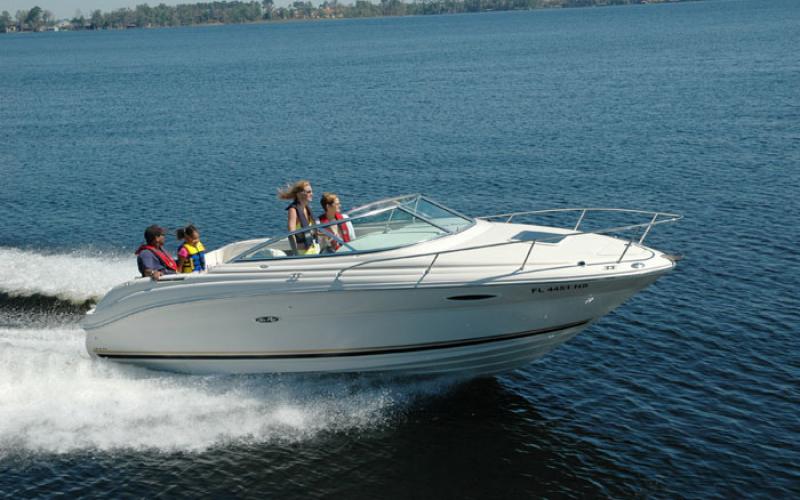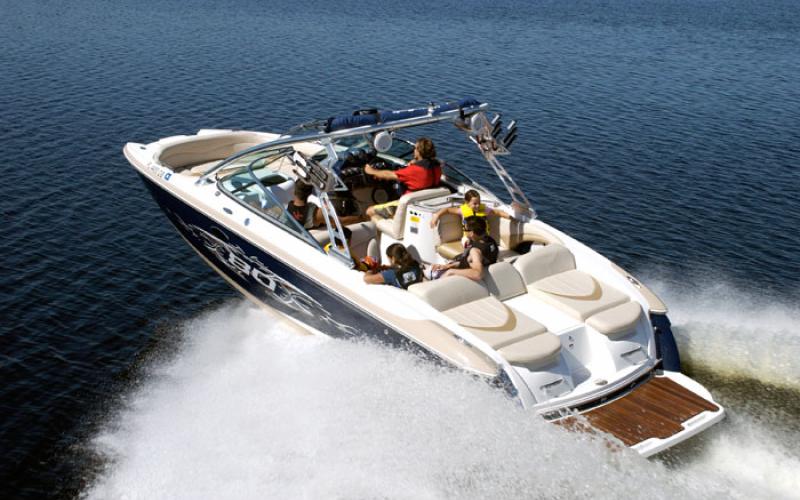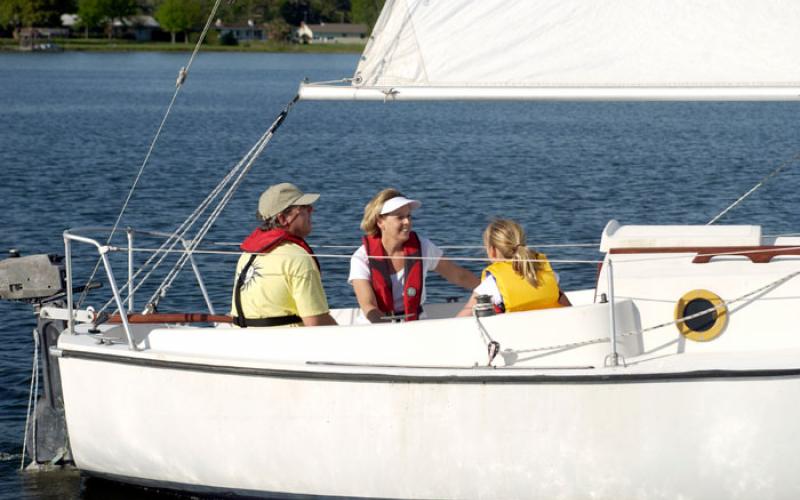Resources for Rules of the Road
After last week's astonishing boating accident near Thomas Point Light on the Chesapeake Bay, much discussion has taken place on social media and around the docks about rules of the road out on the water. Remarkably, and thankfully, no one was injured in that dramatic accident.
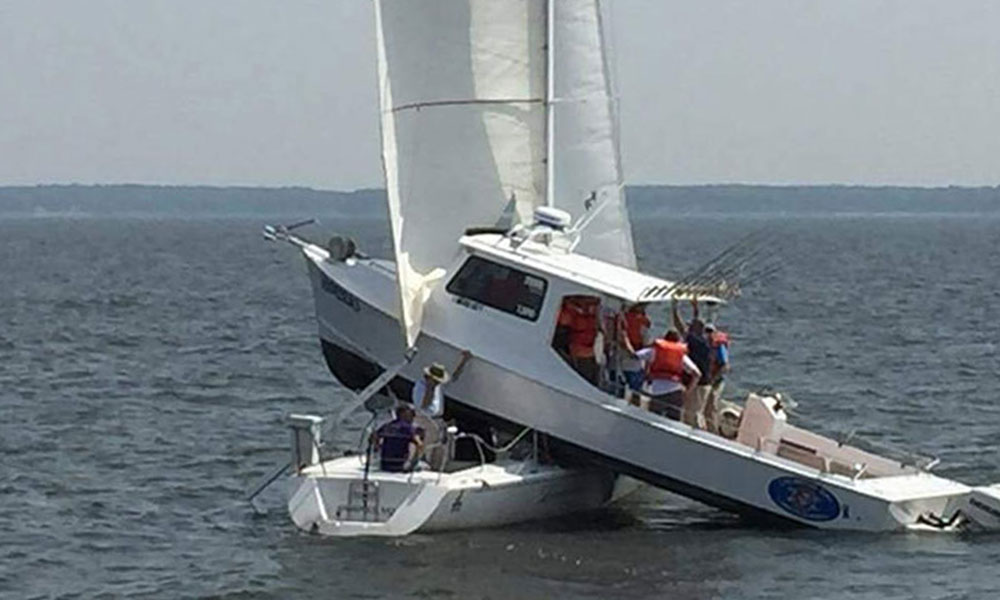
We won't begin to speculate on who was at fault, but the incident has reminded us all to brush up on the rules of navigation. We've pulled together some resources and listed them below. In addition to learning the rules of the road, this is also a good time for refreshers on marine radio operation and air horn signals.
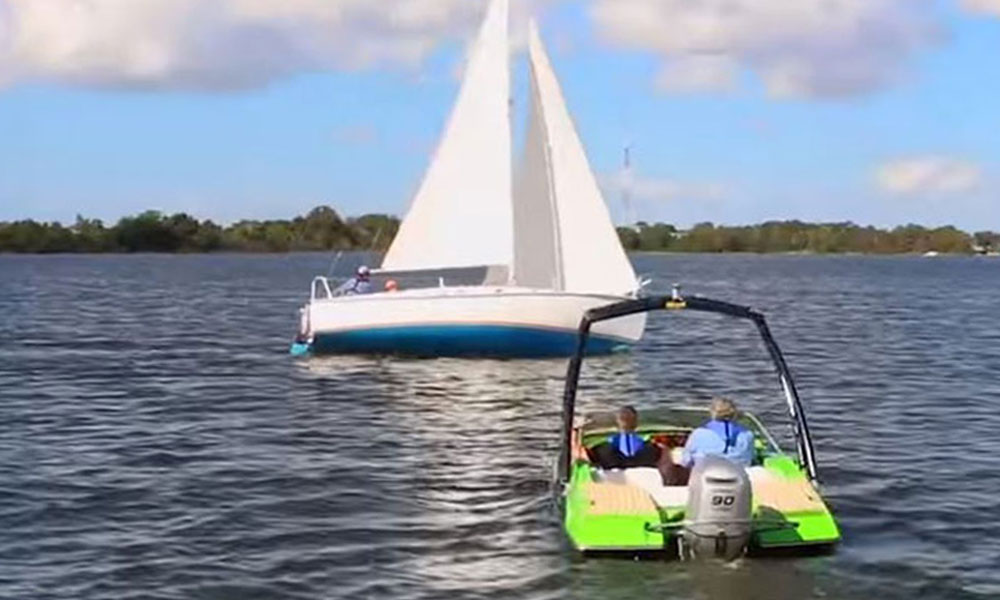
Good resources for explaining the rules of the road
For some good, basic, information we like this Boat U.S. article because it covers rules of the road, collision avoidance, and how to maneuver when two boats are crossing, meeting, or overtaking, plus much more.
- The simple, easy-to-read diagrams posted by America's Boating Club (formerly the U.S. Power Squadrons) explain what to do when powerboats and sailboats meet.
- This post by the American Sailing Association offers a nice narrative of the rules of the road with a link at the bottom to a quick, online quiz on navigation rules.
- For a good list of the five basic navigation rules for sailboats, read this article by U.S. Sailing.
- This BoatUS post specifically addresses rights of way when a fishing boat has lines out.
- Finally, if you're looking for the most comprehensive explaination of the rules, try reading the official inland navigation rules published by the U.S. Coast Guard.
Collision avoidance: communicate any way you can
Air horn
As sailors and boaters, we all have air horns on our boats; they are part of our required safety equipment. We suggest instead of stowing it, keep your air horn within easy reach. When you're not sure if the other boat's captain sees you, or when you need to make clear an intended course change, alert the other boat with the horn. Here is a nice description of air horn signals and their meaning posted by BoatUS., with simple diagrams, too. In the most simple terms, one short blast means, "I'm turning right." Two short blasts means, "I'm turning left."
VHF radio
Like the air horn, keeping a hand-held VHF radio within reach is a good safety practice. If you need a primer or refresher on operating a marine radio, take this $30 online course from BoatU.S.
Hand signals
If you need to communicate with another boat, and you suspect the captain of the other vessel can't hear you, use dramatic hand signals with both hands, pointing first to yourself and then toward your intended direction.
The Bay is an amazing natural resource. Life is simply better on the Bay. All of us, powerboaters, sailors, and paddlers, are fortunate to enjoy it together. Stay safe out there.
Feel free to send us other resources to add to the list. [email protected]
